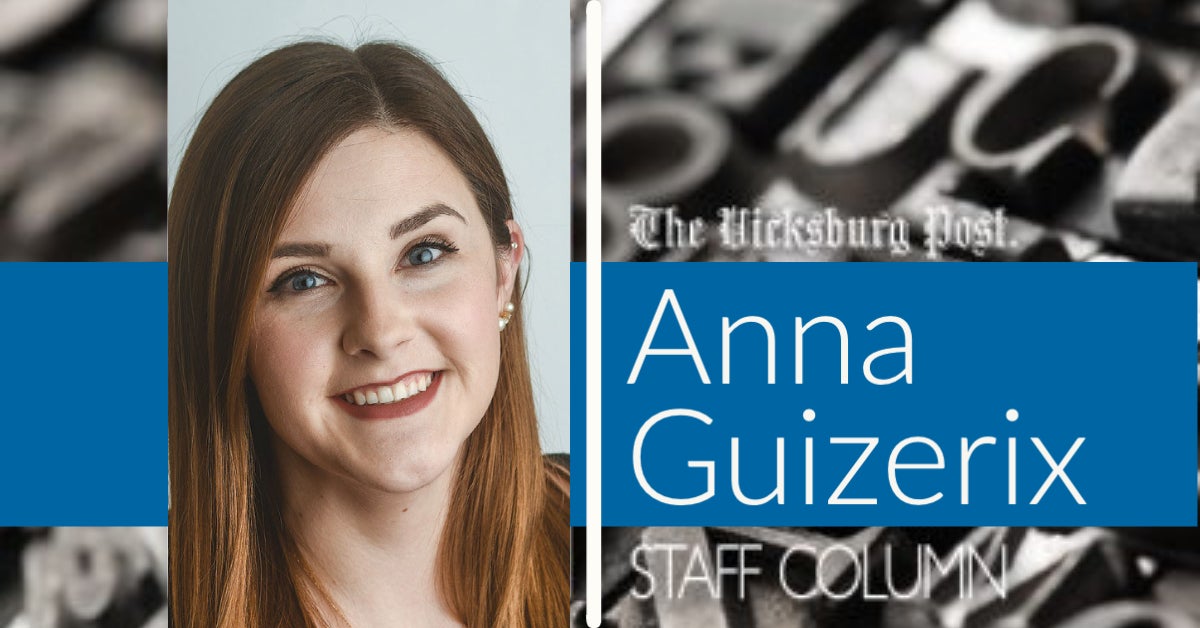GUIZERIX: Thoughts on ‘brain drain’ as a Mississippi college graduate
Published 4:00 am Wednesday, April 20, 2022
A recent report from State Auditor Shad White’s office shows that Mississippi’s resident retention problem extends to the realm of higher education.
According to White’s report, only half of Mississippi’s public university graduates work in the state three years after leaving college. Brain Drain, as it’s called, is the phenomenon wherein students glean knowledge from schools in one area (Mississippi, in this instance), and use their skills or degrees in another area.
The reasons one might seek employment in another state are various and asunder, but there are three most common justifications for leaving Mississippi that I’ve heard from peers.
The first is that, while Mississippi’s public universities provide challenging degree paths, often there aren’t enough jobs available. Coupled with that is reason number two: compensation discrepancies.
For example, my first “big girl” job out of college was based out of Tupelo, Miss., and paid a mere $20,000 salary. If I’d been in Tennessee, Texas or even Louisiana, I’d have made more than double that amount to start.
The third reason is affordability and availability of housing. In Mississippi, the average cost of rent for a two-bedroom apartment in 2021 was $727 a month — not including utilities. As more people in Mississippi are pushed to rent, and fewer jobs are available paying wages that can compete with other states, it’s no wonder that Mississippi’s college graduates are building their foundations here and then moving out to greener pastures.
On a superficial level, I can’t say I blame my peers for leaving the state. But personally, I don’t completely get it.
As a transplant who has actively chosen to stay in the state, to marry a Mississippian, to grow my family here and build a career and a life in the Magnolia State, I have to admit: it’s so much better if you stay.
My love affair with Mississippi began years before I arrived at Ole Miss for the first day of classes. I saw the genuine kindness of its people and the raw potential of its sleepy towns, stretching from the coast to the hill country.
Most importantly, my time in Oxford and elsewhere in the state showed me the living, breathing heart of Mississippi’s future. The innovators, those like me who might not have grown up in the state but sure feel drawn to it in a way they can’t fully explain.
I saw people who consciously chose to stay in Mississippi, not because they can’t do any better for themselves but because they want to forge a path of prosperity and improve the lives of those around them. Whether that path was woven through non-profit work, the arts, engineering or history, the possibilities are there.
The potential our state holds within it, sometimes in spite of itself, is palpable. Mississippi isn’t a lost cause; it’s a fount of potential, ready to bubble over.
I applaud the state auditor’s initiative to encourage others to “Stay in the Sip” through funding education in exchange for a two-year job commitment with his office. His heart is in the right place. If others can follow suit in a wider array of fields, then maybe we’ll have a fighting chance.





